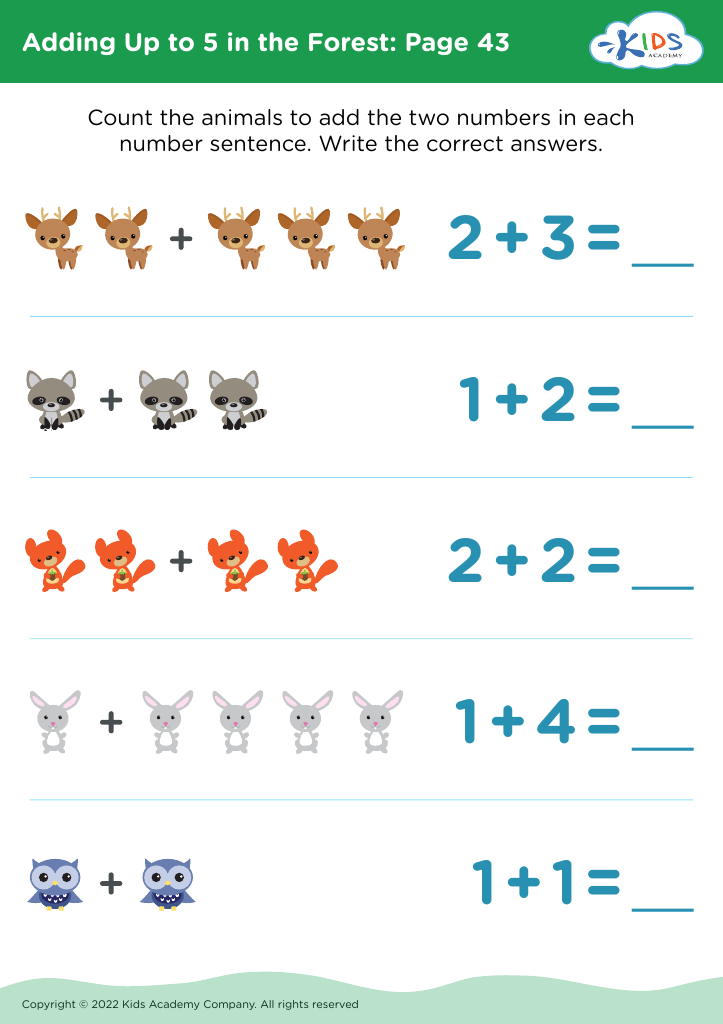Comprehension skills Math Worksheets for Ages 5-9
7 filtered results
-
From - To
Enhance your child's math comprehension skills with our tailored worksheets for ages 5 to 9. Designed to build a strong foundation in mathematical reasoning, these worksheets offer engaging activities that promote critical thinking and problem-solving abilities. Each printable resource encourages students to analyze and interpret math problems, helping them to understand concepts rather than just memorize facts. With a variety of topics and difficulty levels, our comprehension skills worksheets are perfect for reinforcing core math concepts in a fun and interactive way. Ideal for home or classroom use, they provide an excellent tool for fostering a love of math in young learners!
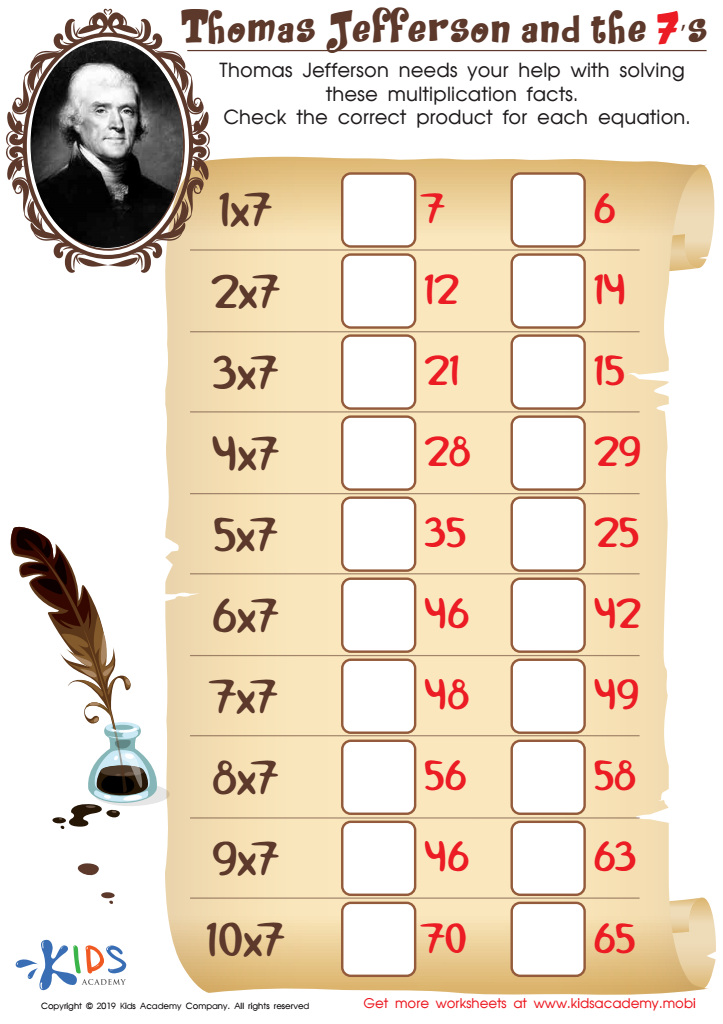

Thomas Jefferson and the 7’s Worksheet
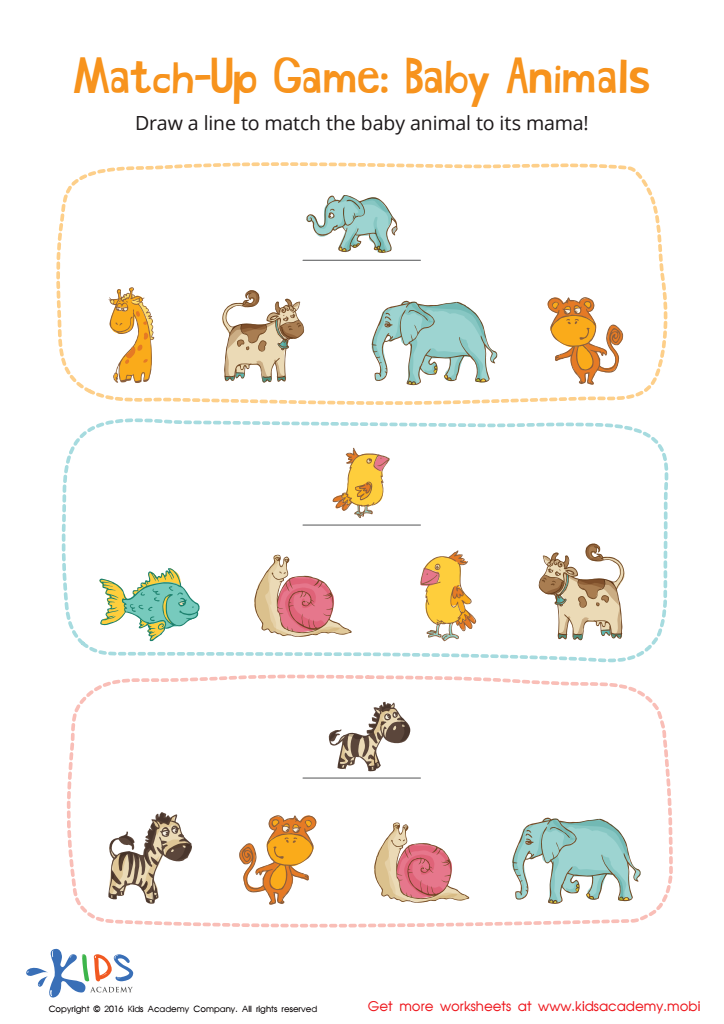

Baby Animals Match-Up Worksheet
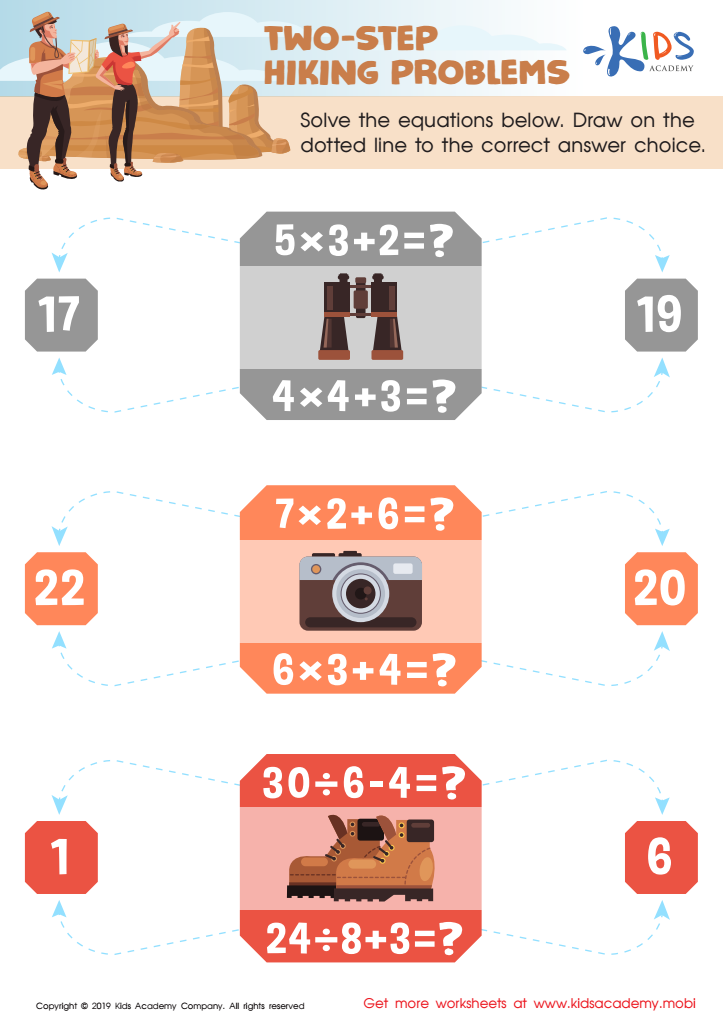

Two-Step Hiking Problems Worksheet
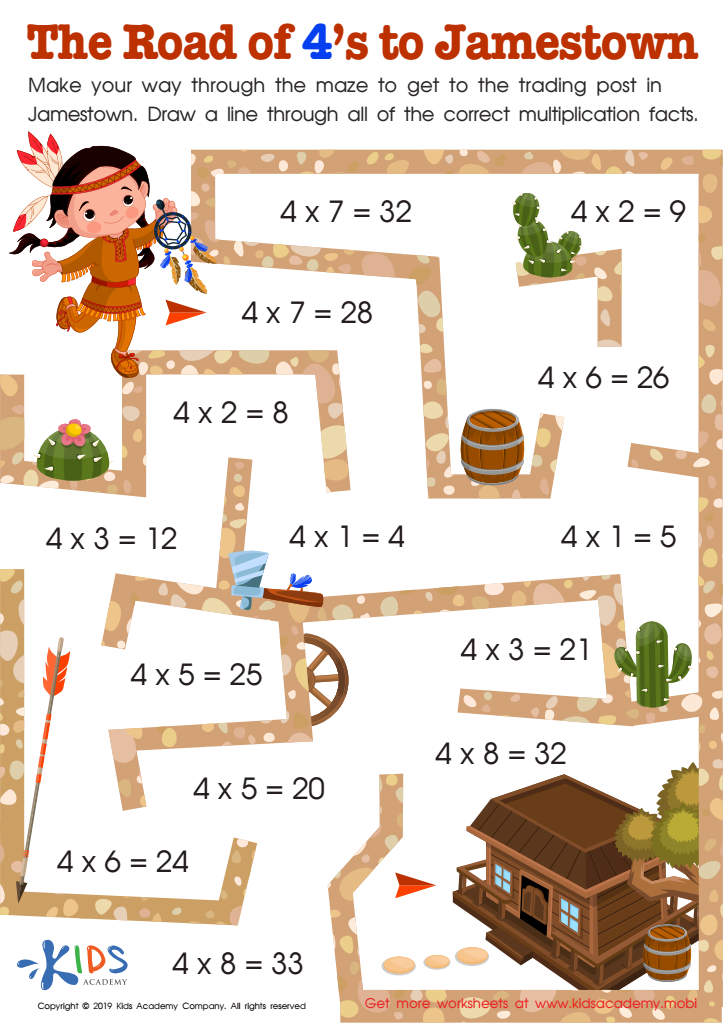

The Road of 4’s to Jamestown Worksheet
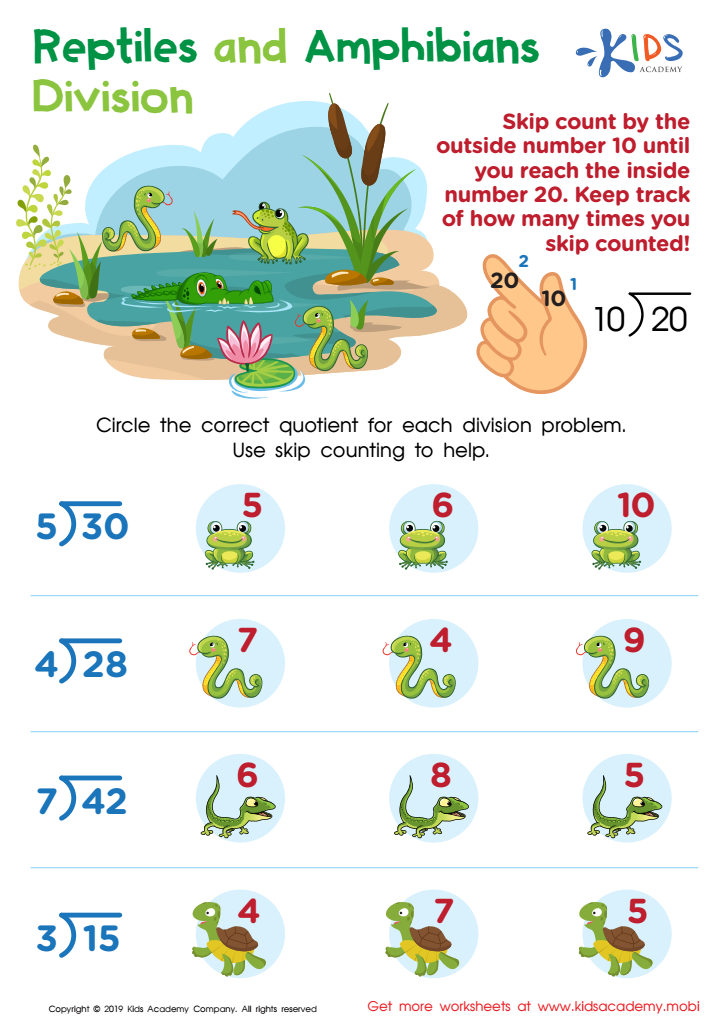

Reptile and Amphibians Division Worksheet
Comprehension skills in mathematics are crucial for children aged 5-9, as they form the foundation for understanding not just numbers, but also problem-solving and critical thinking. At this developmental stage, children are learning to interpret and make sense of mathematical concepts, such as addition, subtraction, and basic geometry. When parents and teachers prioritize comprehension skills in math, they help children develop the ability to analyze problems, recognize patterns, and apply their understanding in real-world situations.
Strong math comprehension skills contribute to greater confidence in tackling mathematical challenges, fostering a positive attitude towards learning. When children grasp the "why" behind the "how," they are more likely to engage deeply with the material, leading to better retention of information and concepts. This foundational understanding is essential, as mathematics builds progressively from simple concepts to more complex problem-solving later in life.
Moreover, a solid grounding in math comprehension aligns with overall literacy skills, linking reading understanding to math problems, thereby enhancing cross-disciplinary learning. By investing time and resources into developing these skills, parents and teachers empower children with the tools they need for academic success and lifelong learning. Promoting these competencies can also bridge gaps in learning and provide equitable educational opportunities for all children.
 Assign to My Students
Assign to My Students

